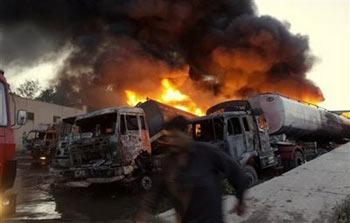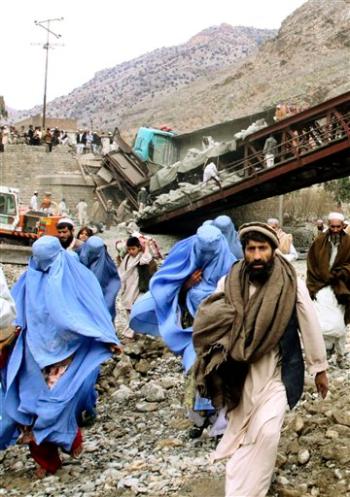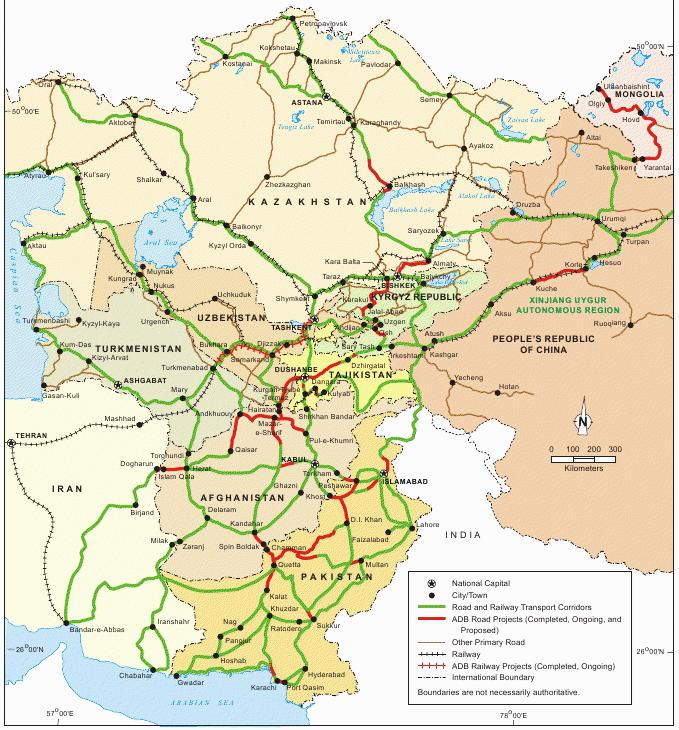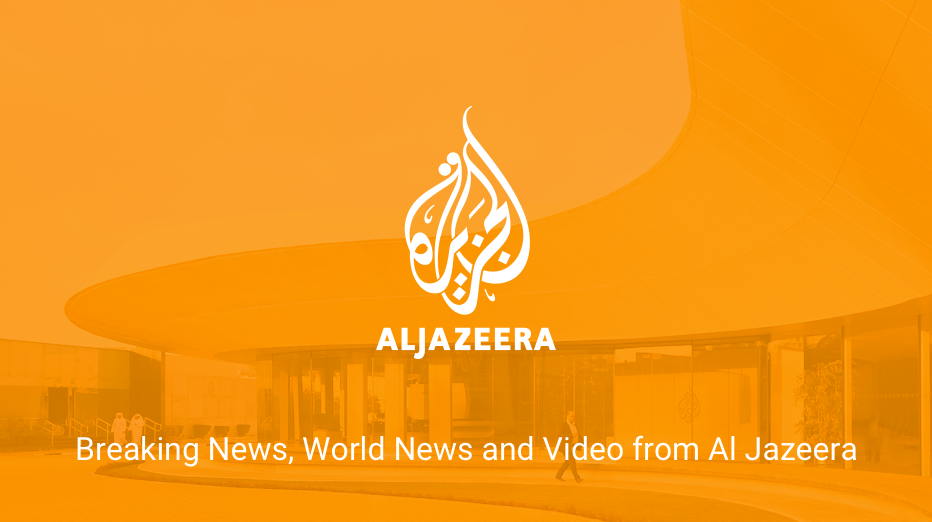With the US supply routes and "lines of Logistic" routed from Pakistan (Kyber region and Torkham crossing) that feeds the war against Taliban and insurgents in Afghanistan that has come under increasing attack, which could very possibly cause the defeat of US in this region………….the NATO forces are strongly looking into alternative routes of supply, more towards the same routes that USSR was using during their failed Afghanistan campaign.

Dozens of militants armed with guns and gasoline bombs attacked the truck terminal in northwestern Pakistan Thursday and burned five tanker trucks carrying fuel to NATO troops in Afghanistan, police said (AP Photo - Mohammad Sajjad).
Police say militants attacked the truck depot near the city of Peshawar before dawn on Thursday, hurling petrol bombs which set fire to the five tankers. Several truckers drove their vehicles out of the terminal to save them.

Supplies intended for NATO forces in Afghanistan were suspended Tuesday after Taliban militants blew up a highway bridge in the Khyber Pass region, a lawless northwestern tribal area straddling the border with Afghanistan.
This is an overall strategic problem faced by NATO and the U.S. They are strongly looking into the creation of a supply route from the Caucasus.
United States may even have to make concessions to win Russia’s cooperation on Afghanistan. Russia has the capability to exact a steep price for its cooperation, and it seems fairly certain that the Kremlin will do just that.
One area in which it will likely try to exact that price is in the Caucasus and Black Sea regions, specifically in seeking NATO assurances that Georgia and Ukraine will not be offered membership in the alliance for the foreseeable future, if ever. It is a mark of the strategic malpractice of past U.S. policymakers in Central Asia and Afghanistan that Moscow now finds itself in position to potentially dictate a condition that is in Russia’s best interests.
The closing of the Manas Air Base in Kyrgyzstan has occurred due to entirely different reasons than enemy (Taliban/Al Q) strategy. Or has it? Russia is asserting itself in what it considers to be it “Near Abroad” (Includes Armenia), and has essentially bribed the officials in Kyrgyzstan to close down the Manas Air Base. This makes the U.S. utterly dependent on logistical lines that run through Russia to Central Asia. Of course, this places the U.S. in a bad position regarding membership of Georgia and Ukraine in NATO, as well as missile programs in Poland and elsewhere. If the U.S. is dependent on Russia for logistics, then it is much more likely that Russia will be able to assert itself in the region with U.S. weakness because of dependence on Russian cooperation for logistics.
As of now it appears that US has other plans to avoid this scenario. Recommendations are to work hard for a potential logistical line through the Caucasus region, specifically, from the Mediterranean Sea through the Bosporus Strait in Turkey, and from there into the Black Sea. From the Black Sea the supplies would go through Georgia to neighboring Azerbaijan. From there the supplies would transit across the Caspian Sea to Turkmenistan, and from there South to Afghanistan with Baku as a new Airbase. Regardless to say, Russia will not be happy.

Dozens of militants armed with guns and gasoline bombs attacked the truck terminal in northwestern Pakistan Thursday and burned five tanker trucks carrying fuel to NATO troops in Afghanistan, police said (AP Photo - Mohammad Sajjad).
Police say militants attacked the truck depot near the city of Peshawar before dawn on Thursday, hurling petrol bombs which set fire to the five tankers. Several truckers drove their vehicles out of the terminal to save them.

Supplies intended for NATO forces in Afghanistan were suspended Tuesday after Taliban militants blew up a highway bridge in the Khyber Pass region, a lawless northwestern tribal area straddling the border with Afghanistan.
This is an overall strategic problem faced by NATO and the U.S. They are strongly looking into the creation of a supply route from the Caucasus.
United States may even have to make concessions to win Russia’s cooperation on Afghanistan. Russia has the capability to exact a steep price for its cooperation, and it seems fairly certain that the Kremlin will do just that.
One area in which it will likely try to exact that price is in the Caucasus and Black Sea regions, specifically in seeking NATO assurances that Georgia and Ukraine will not be offered membership in the alliance for the foreseeable future, if ever. It is a mark of the strategic malpractice of past U.S. policymakers in Central Asia and Afghanistan that Moscow now finds itself in position to potentially dictate a condition that is in Russia’s best interests.
The closing of the Manas Air Base in Kyrgyzstan has occurred due to entirely different reasons than enemy (Taliban/Al Q) strategy. Or has it? Russia is asserting itself in what it considers to be it “Near Abroad” (Includes Armenia), and has essentially bribed the officials in Kyrgyzstan to close down the Manas Air Base. This makes the U.S. utterly dependent on logistical lines that run through Russia to Central Asia. Of course, this places the U.S. in a bad position regarding membership of Georgia and Ukraine in NATO, as well as missile programs in Poland and elsewhere. If the U.S. is dependent on Russia for logistics, then it is much more likely that Russia will be able to assert itself in the region with U.S. weakness because of dependence on Russian cooperation for logistics.
As of now it appears that US has other plans to avoid this scenario. Recommendations are to work hard for a potential logistical line through the Caucasus region, specifically, from the Mediterranean Sea through the Bosporus Strait in Turkey, and from there into the Black Sea. From the Black Sea the supplies would go through Georgia to neighboring Azerbaijan. From there the supplies would transit across the Caspian Sea to Turkmenistan, and from there South to Afghanistan with Baku as a new Airbase. Regardless to say, Russia will not be happy.















Comment